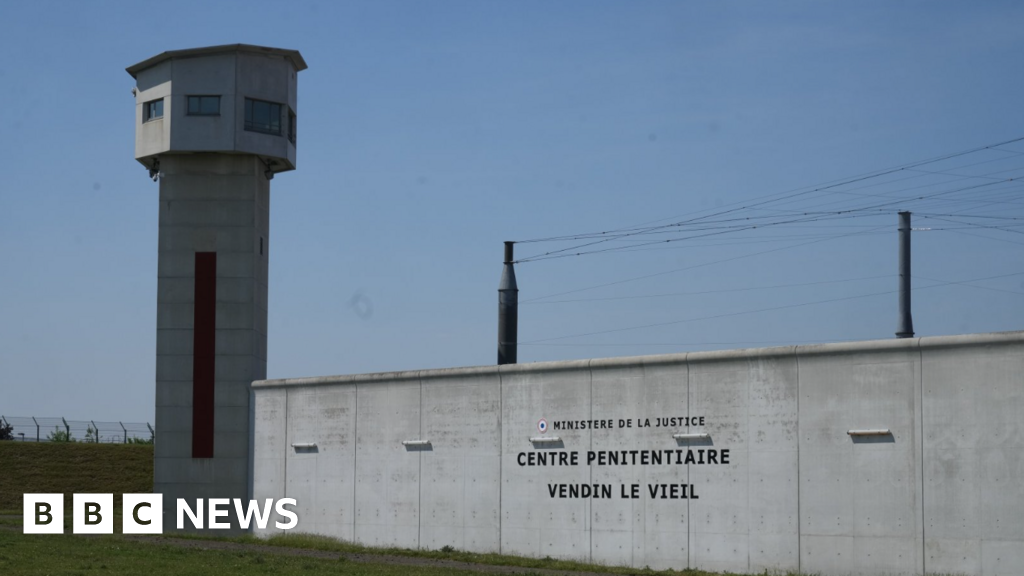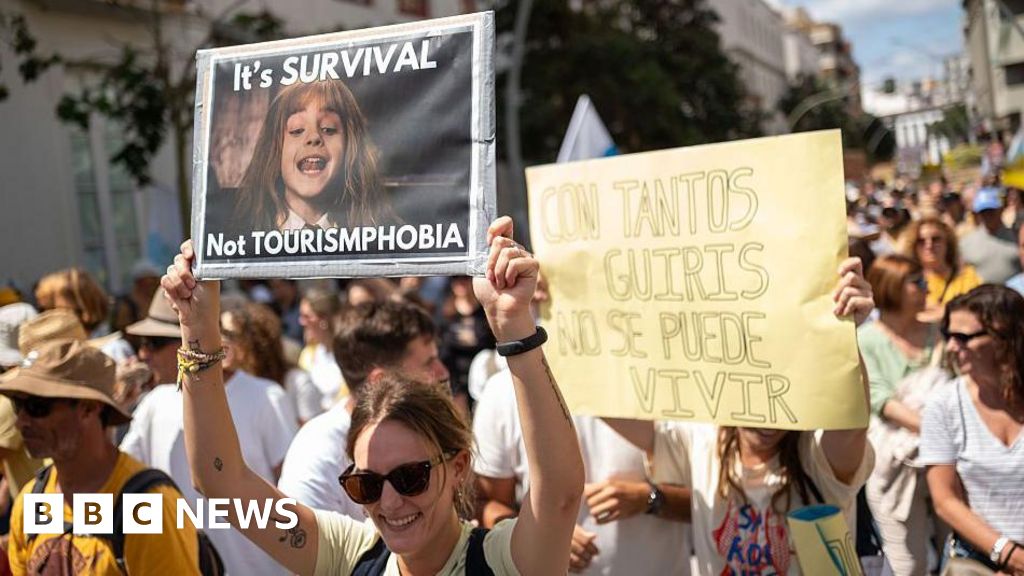ARTICLE AD BOX
By Victoria Gill
Science correspondent, BBC News
Image source, ATOMIK
Image caption,There are now three varieties of Atomik Chernobyl fruit spirit
It started with "Chernobyl moonshine". Scientists who were studying crops grown in the Chernobyl exclusion zone decided to use some of their leftover grain to produce alcohol.
That experiment became a social enterprise that made and sold a spirit drink called, appropriately enough, Atomik.
The aim was to show that slightly radioactive fruit, grown in orchards in or near the contaminated exclusion zone that surrounds Chernobyl's nuclear power plant, could be distilled into a spirit that was no more radioactive than any other. Profits were channelled into communities that live in deprived areas close to the zone.
Now, as Russian troops occupy the land where that fruit is grown and harvested, this unusual company is making a defiant marketing move by releasing two more "premium drinks" and donating profits to help Ukraine's refugees.
The land around the nuclear power plant, abandoned since the 1986 accident, is now occupied by Russian forces
While the future of an enterprise that makes a niche spirit might seem insignificant amid the ongoing crisis in Ukraine, it is an example of how decades of progress has been upended by war.
After 30 years of studying the exclusion zone, the scientists who set up the Atomik project enabled people on contaminated land to sell their own produce. It was a small but significant milestone in the recovery of a patch of Ukraine that was largely abandoned after the nuclear catastrophe in 1986.
"Now, that whole region where we harvest our fruit for production is occupied by Russian forces," explained Kyrylo Korychenskyi, an environmental researcher and member of the Atomik team.
The damaged reactor is entombed by a steel confinement structure
Military machinery kicking up radioactive dust in the usually carefully controlled zone caused a spike in radiation levels.
"The information we're getting from the region is very bad," says Kyrylo. "Russian forces go into the villages and put their tanks in the middle of people's gardens."
In the heart of the exclusion zone, Ukrainian authorities have accused Russian forces of looting and destroying a new research laboratory designed to process and analyse radioactive samples and to monitor the zone.
Prof Jim Smith is one of the founders of Atomik and a scientist at the University of Portsmouth. He has spent much of his career studying the exclusion zone and says that decades of progress is now being destroyed.
Image source, ATOMIK
Image caption,Kyrylo Korychenskyi at the distillery before the war in Ukraine
"The communities who have been suffering for 35 years are now suffering even more," he told BBC News. "We used to worry about the risk from radioactive strontium in [cities] that are now being bombed."
The future of the Atomik project - and that of the people who live and grow fruit in their orchards near the exclusion zone - is uncertain.
If the war has ended by the time the next harvest season comes around, Kyrylo - who remains in his home in Kyiv with his wife and children - says he hopes to keep going. He hopes to go back to his "pre-war life" and pick up the project where he left off.
"I think people there will need money and help because Chernobyl accident for this territory will no longer be the worst thing that happened there."
Follow Victoria on Twitter

 3 years ago
36
3 years ago
36








 English (US) ·
English (US) ·